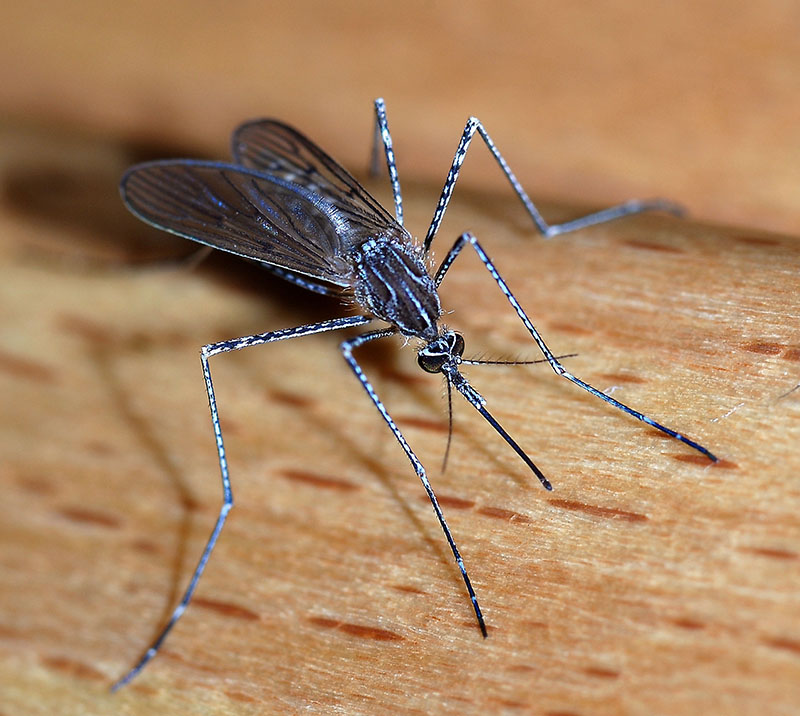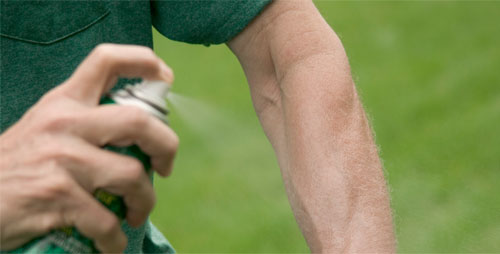Published on Thursday, 20 March 2014 at 12:00:00 AM
Residents in Tom Price and Paraburdoo in particular are being urged to cover up and avoid mosquito bites following eight confirmed cases of Ross River Virus (RRV).
To date we’ve had four cases in Tom Price and four in Paraburdoo Shire President Kerry White warned.
“The rainfall over summer has enabled breeding of mosquitoes in large numbers in many coastal and inland areas within the Shire.

“Ross River virus disease, Barmah Forest virus (BFV), as well as the rare, but potentially fatal Murray Valley encephalitis (MVE) are caused by viruses that are transmitted by the bite of an infected mosquito. Several mosquito species are known to carry RRV and BFV.
“Symptoms of RRV include painful or swollen joints, sore muscles, skin rashes, fever, fatigue and headaches. Symptoms can last for weeks or months and the only way to properly diagnose the viruses is by having a specific blood test. There is no cure for RRV so it is very important that people take care to prevent being bitten by mosquitoes.
“The Shire conducts mosquito control programs in some of the worst mosquito breeding areas. We were recently awarded $30,000 from the WA Department of Health to purchase new mosquito control and monitoring equipment, however even with this, these viruses will remain a threat because it is not possible to eliminate all mosquitoes.
Therefore we urge people to take their own measures as well to reduce the risk of contracting mosquito-borne diseases,” Cr White said.
Here are some simple but important steps people can take to avoid being bitten by mosquitoes:

- Avoiding outdoor exposure particularly around dawn and dusk (and the first few hours after dark)
- Wearing protective (long, loose-fitting, light coloured) clothing when outdoors
- Applying a personal repellent containing 20% diethyl toluamide (DEET) or picaridin to exposed skin orclothing. The most effective and long-lasting formulations are lotions or gels. Natural or organic repellents may not be as effective as DEET or picaridin, or may need to be reapplied more frequently
- Ensuring insect screens are installed and in good condition. The use of bed nets will offer further protection
- Using mosquito nets or mosquito-proof tents when camping or sleeping outdoors
- Ensuring infants and children are adequately protected against mosquito bites, preferably with suitable clothing, bed nets or other forms of insect screening.
Residents can also minimise mosquito breeding around the home by taking some simple steps such as:
- Dispose of all containers which hold water
- Stock ornamental ponds with fish and keep vegetation away from the water's edge
- Keep swimming pools well chlorinated, filtered and free of dead leaves
- Fill or drain depressions in the ground that hold water
- Fit mosquito proof covers to vent pipes on septic tank systems. Seal all gaps around the lid and ensure leach drains are completely covered
- Screen rainwater tanks with insect proof mesh, including inlet, overflow and inspection ports
- Ensure guttering does not hold water
- Empty pot plant drip trays once a week or fill them with sand
- Empty and clean animal and pet drinking water bowls once a week.
Download media release
Back to All News